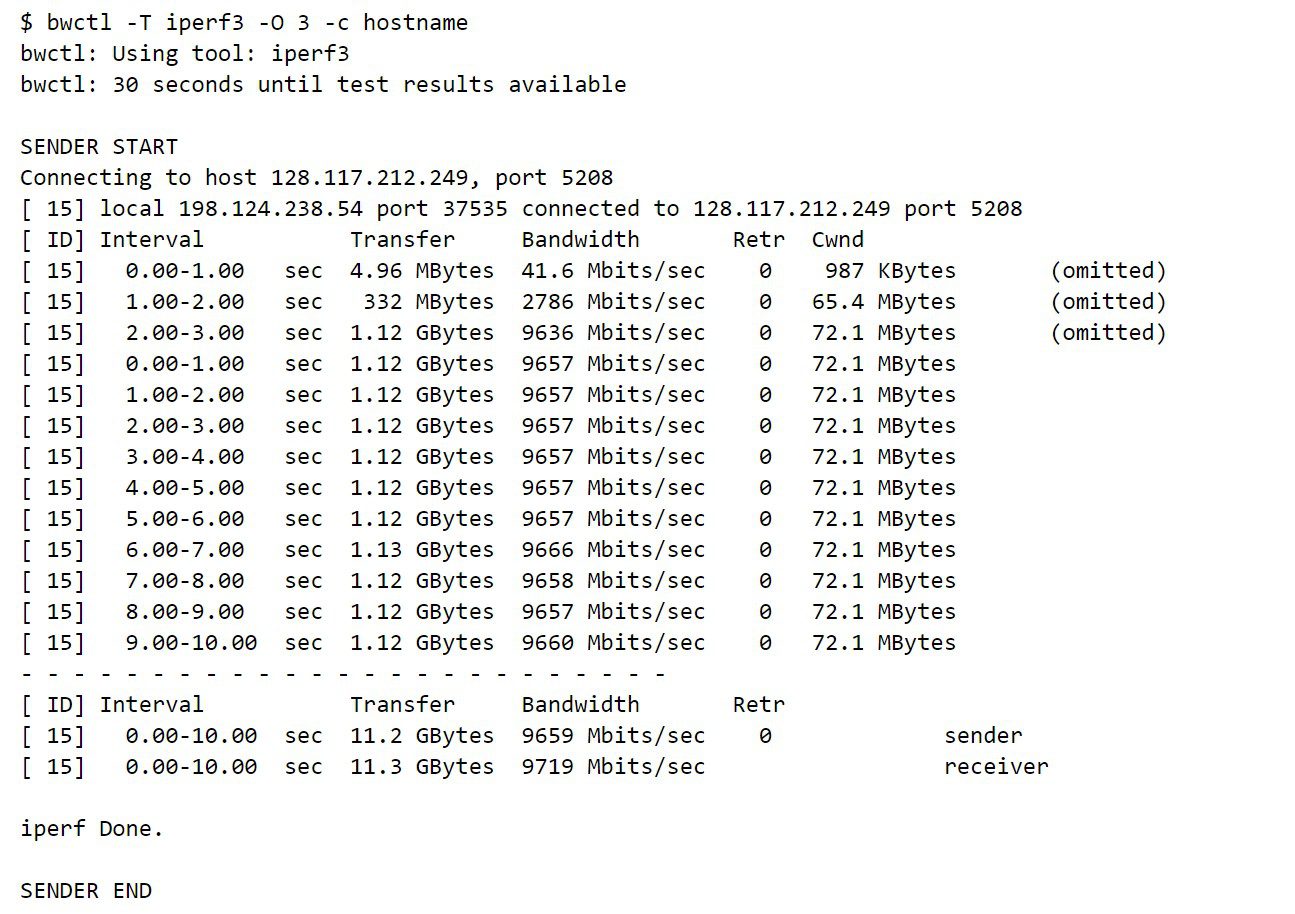iperf v3.16 releases: TCP, UDP, and SCTP network bandwidth measurement tool

iperf3: A TCP, UDP, and SCTP network bandwidth measurement tool
iperf is a tool for active measurements of the maximum achievable bandwidth on IP networks. It supports the tuning of various parameters related to timing, protocols, and buffers. For each test, it reports the measured throughput/bitrate, loss, and other parameters.

This version sometimes referred to as iperf3, is a redesign of an original version developed at NLANR/DAST. iperf3 is a new implementation from scratch, with the goal of a smaller, simpler code base, and a library version of the functionality that can be used in other programs. iperf3 also has a number of features found in other tools such as nuttcp and netperf but were missing from the original iperf. These include, for example, a zero-copy mode and optional JSON output. Note that iperf3 is not backwards compatible with the original iperf.
Primary development for iperf3 takes place on CentOS Linux, FreeBSD, and macOS. At this time, these are the only officially supported platforms, however, there have been some reports of success with OpenBSD, NetBSD, Android, Solaris, and other Linux distributions.
iperf3 is principally developed by ESnet / Lawrence Berkeley National Laboratory. It is released under a three-clause BSD license.
Changelog v3.16
- Notable user-visible changes
- Multiple test streams started with -P/–parallel will now be
serviced by different threads. This allows iperf3 to take
advantage of multiple CPU cores on modern processors, and will
generally result in significant throughput increases (PR #1591). - OpenSSL 3 is now detected at build time. If OpenSSL 3 is found,
various older, deprecated, APIs will not be used. iperf3 will
continue to work with OpenSSL 1.1.1. OpenSSL is used as a part
of the iperf3 authentication functionality (Issue #1300, PR
#1589). - The authorized users file used by the authentication functionality
is now checked for accessibility much earlier during the program
startup, as opposed to being checked near the start of a
test (Issue #1583, PR #1585).
- Multiple test streams started with -P/–parallel will now be
- Developer-visible changes
- BREAKING CHANGE: iperf3 now requires pthreads and C atomic
variables to compile and run.
- BREAKING CHANGE: iperf3 now requires pthreads and C atomic
Install
git clone https://github.com/esnet/iperf.git
./configure; make; make install
Use
Copyright (c) 2014-2018 The Regents of the University of California, through Lawrence Berkeley National Laboratory (subject to receipt of any required approvals from the U.S. Dept. of Energy)





